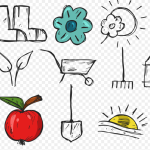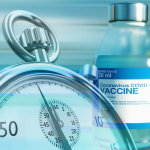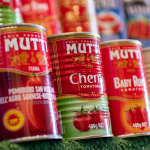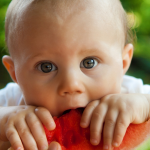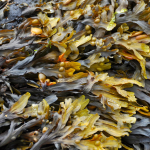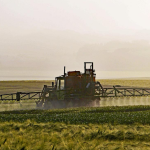Comedian Bill Maher is in trouble after attacking the fat-acceptance movement on his show last week. Not only was the segment hilarious, but it highlighted an important fact many people would rather not discuss: social-justice activists are rewriting science to protect their ideological commitments.
Food & Nutrition
Sri Lanka's ban on imported synthetic fertilizers and pesticides devastated the country's farm sector, causing mass food shortages that helped drive the president out of office—and out of the country. ACSH director of bio-sciences Cameron English appeared on the Lars Larson show to explain the situation in more detail.
Rep. Alexandria Ocasio-Cortez recently came out in support of "regenerative" farming as a solution to climate change. There is little evidence to justify her advocacy.
Dr. Chuck Dinerstein and Cameron English recently joined Dr. Jay Lehr and Tom Harris on The Other Side of the Story radio show to discuss the controversial claim that "obesity acceptance is ruining our health." Is that true, or has the public health establishment actually exaggerated the dangers of being overweight?
The activist group GM has attacked gene-edited crops by alleging that they're designed to increase pesticide use. Is there any truth to this allegation? With millions of COVID vaccine doses administered since December 2020, what have we learned about the risks associated with the shots?
As part of a healthy diet, US federal guidelines recommend that adults eat 1.5 to 2 cups of fruit and 2 to 3 cups of vegetables per day. The Centers for Disease Control and Prevention note that only 1 out of 10 Americans eat enough of these foods containing essential vitamins, minerals, and fiber. There can be barriers to consumption. Fresh fruits and vegetables are pricey and have limited availability in some communities. They also have short shelf lives. Frozen and canned foods are more accessible and can be stored longer. Are these options to fresh just as nutritious?
The Non-GMO Project recently reassured its Twitter followers that seedless watermelon is not genetically modified. The only problem is that this delicious summer treat is a "GMO"—and it undermines the project's dubious business model.
Anti-GMO, anti-pesticide groups have tried to distance themselves from the political instability in Sri Lanka, fueled in large part by the disastrous organic-farming policies they told the country to pursue.
I wrote the other day about a study from China on the effect of dietary salt on blood pressure. The study was unique in that it distinguished four regional Chinese cuisines. This got me thinking about whether salt use varies among American cuisines and regions. The standard narrative is that the salt in our heavily processed foods is a significant factor in the nearly 50% prevalence of high blood pressure—but then I ran across this study.
You already eat seaweed but probably don’t know it. Seaweeds are multicellular macroalgae used as functional ingredients, a food additive. Hydrocolloids derived from seaweeds provide texture and structure, prevent the melting of frozen foods, providing edible coatings or other desirable properties to foods as different as ice cream, apples, and bread. No longer considered just an additive, seaweed is poised to enter the US market as a whole food due to its nutritive attributes, potential economic benefits, and unique cultivation requirements.
Do biotech companies lie about the pesticide-saving benefits of genetically engineered crops? The activist group GM Watch says yes. Do they have a convincing case? Nope.
Food deserts are areas frequently in urban settings where it is difficult to find stores providing fresh foods, especially fruits and vegetables. Food deserts have long been thought to contribute to poor nutrition because the food people need is just not available. A study in JAMA Pediatrics suggests that this long-held thought may be a mirage.


